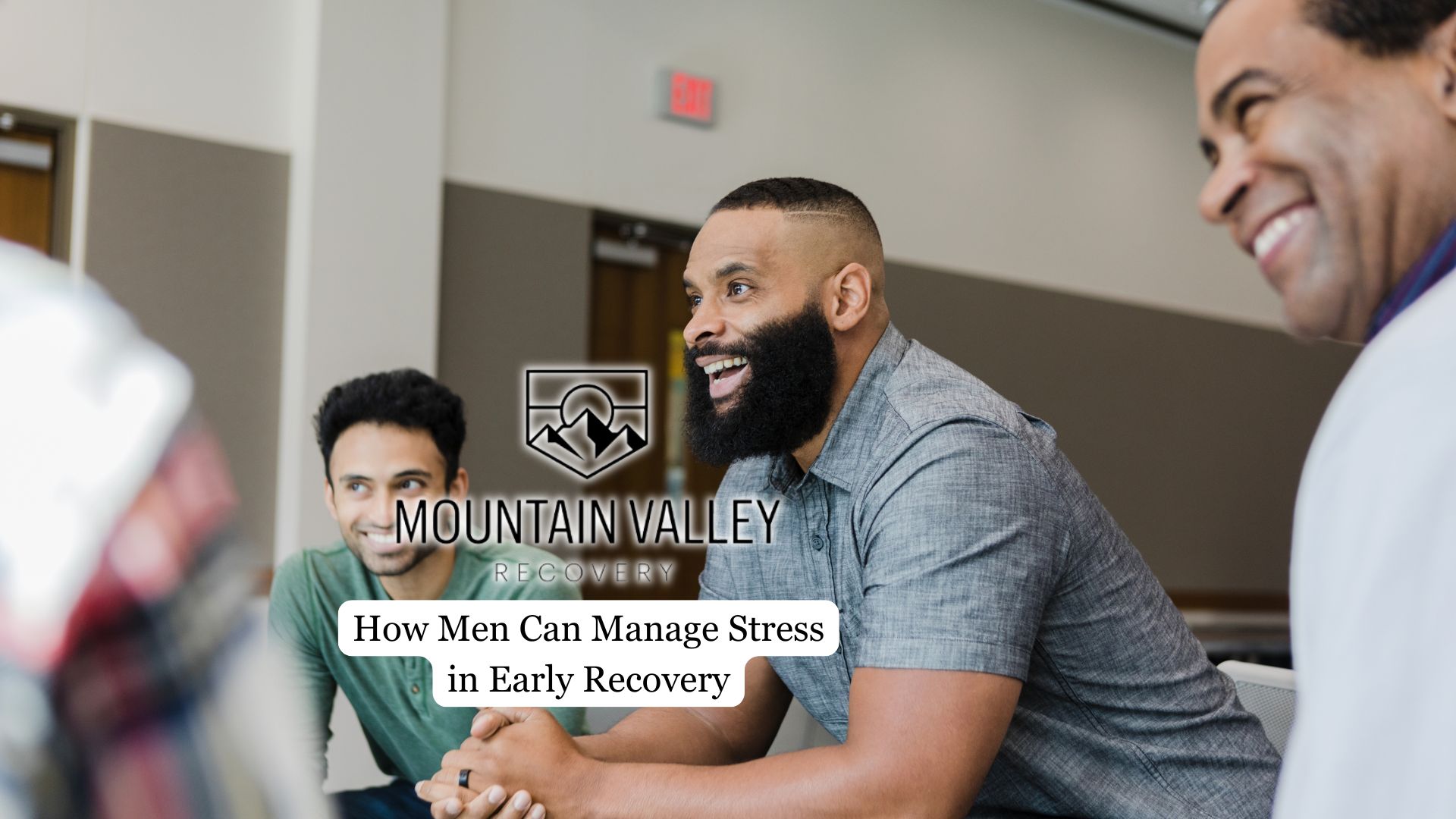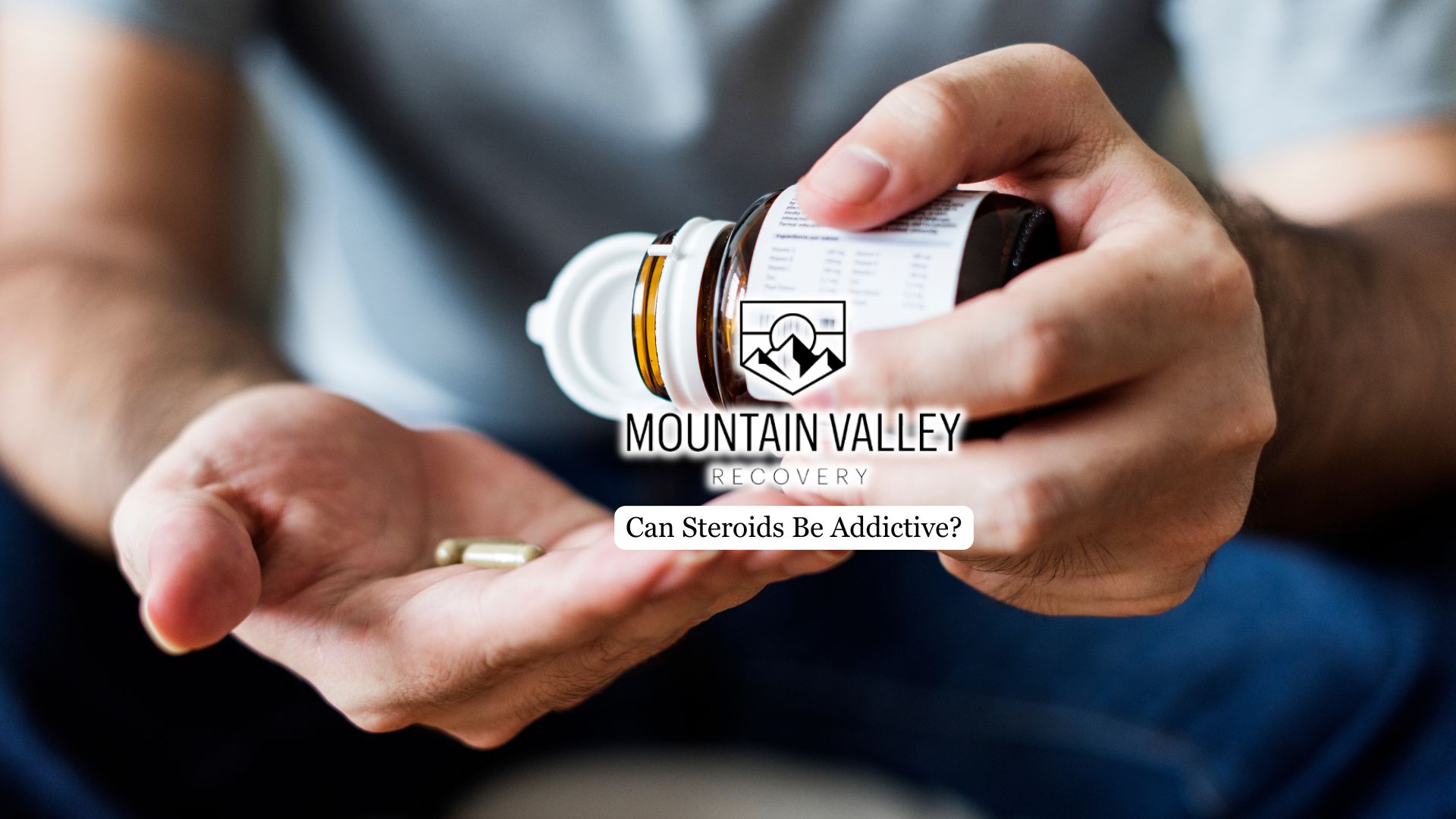Ambivalence is one of the most common emotional hurdles in addiction recovery, yet it’s rarely talked about in depth. For many young adult males, the experience of feeling conflicted—wanting to get better but also resisting change—can be confusing and even discouraging.
In this article, we’ll break down what ambivalence means in the context of addiction recovery, why it’s especially relevant for young men, and how to respond to it constructively rather than avoiding or suppressing it.
What Ambivalence Looks Like in Recovery
Ambivalence is having mixed feelings about a particular action or decision. In recovery, it often shows up as a push-pull dynamic—part of you wants to stop using substances, while another part holds onto the behavior because it feels familiar, comforting, or tied to your identity.
For men, in particular, this can manifest in resistance to structure, skepticism toward authority figures in treatment, or uncertainty about what life looks like without substances.
You might notice it in moments when you’re doing well and suddenly think, “Do I really want this?” or “Maybe I’m not ready yet.” These thoughts are not signs of failure but signals that your brain is still adjusting to a new way of life.
The Role of Support in Moving Through Ambivalence
Dealing with ambivalence requires structure, space, and the right support. For men in recovery, that means having a place to express uncertainty without pressure. The emotional tension between wanting change and resisting it can’t be ignored, it needs to be processed in environments that encourage honesty and accountability.
In early recovery, motivation often shifts. You may question decisions or feel disconnected from progress. Support doesn’t erase ambivalence but helps you stay grounded long enough to understand it. Being surrounded by people, whether therapists or peers, who recognize this internal conflict makes it easier to move forward. If you’re in that place now, explore our men’s therapy program designed to support emotional growth and help you reconnect with your goals.
Why Mixed Emotions Are Normal and Expected
Many young men assume that once they enter recovery, they should feel 100% committed all the time. But real change rarely works that way. Ambivalence is a psychological sign that you’re in the middle of making a complex decision, and recovery is one of the most significant decisions you’ll ever make.
This is especially relevant for men who may be transitioning from different stages of adulthood while also managing addiction. The pressure to appear confident or self-sufficient can make it difficult to admit to internal doubts. However, recognizing that ambivalence is a normal part of change allows you to see it not as a threat to your progress but as a stage to work through.
Addressing these feelings openly gives them less control over your actions. When left unspoken, ambivalence can lead to inaction, relapse, or a stalled recovery process. When explored, it becomes a path to deeper self-understanding and long-term resilience.
Risks of Ignoring Emotional Conflict
When ambivalence goes unacknowledged, it tends to resurface in ways that undermine recovery. Some young men may become passive in treatment, going through the motions without fully engaging. Others might downplay their substance use or minimize the impact it’s had on their lives, which can delay healing and make relapse more likely.
Once ambivalence is operating outside of conscious awareness, it can quietly derail progress. It’s common for young men to express this conflict through sarcasm, withdrawal, or inconsistent commitment to treatment. Recognizing the emotional discomfort for what it is—a sign of internal tension—creates space to process and reframe it.

Strategies to Work Through Ambivalence
One of the most effective ways to handle ambivalence is to increase self-awareness. This means noticing the part of you that wants to change and the part that doesn’t and giving both sides a voice. Journaling, individual therapy, and group discussions can help externalize these thoughts and make them easier to evaluate.
Motivational interviewing, a therapeutic approach commonly used in addiction treatment, is particularly effective here. It focuses on helping clients explore their ambivalence and strengthen their internal motivation to change. This approach doesn’t push for immediate decisions, it respects the complexity of your experience and helps you find your reasons for choosing recovery.
For young adult males, having therapists who understand male-specific struggles, such as identity development, emotional expression, and independence, can make a significant difference. Therapy that validates internal conflict rather than dismissing it will help you stay connected to the process, even during uncertain moments.
Final Thoughts from Mountain Valley Recovery
At Mountain Valley Recovery, we help men work through ambivalence with structure, clinical support, and purpose-driven care. Our men’s therapy program in Utah is designed to help young men explore ambivalence, work through inner resistance, and build lasting tools for lifelong recovery. Whether you’re just starting or feeling stuck in the process, our team is here to help you move forward confidently and clearly.





